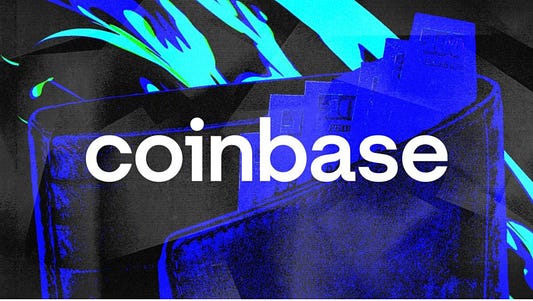It's important Web3 social
In the context of social networking, “Web3 social” might involve creating social platforms that adhere to the principles of decentralization, data ownership, and user empowerment. This could include features such as:
- Decentralized Identity: Users could have their identities verified and managed on the blockchain, allowing for more secure and private interactions online.
- Data Ownership and Control: Users could have full ownership of their data and decide how it’s used and shared on the platform. This could also involve the ability to easily port data between different platforms.
- Monetization for Users: With the help of blockchain technology, users could have more direct ways to monetize their content and interactions, potentially reducing the reliance on advertising-driven revenue models.
- Interoperability: web3 social platforms could be designed to work seamlessly with other Web3 applications, allowing for a more integrated and holistic online experience.
- Censorship Resistance: Decentralized platforms could be more resistant to censorship, as content could be hosted on a distributed network rather than a central server.
- Tokenization and Incentives: Token economies could be introduced to incentivize positive interactions and contributions within the social platform.
- Smart Contracts for Interactions: Smart contracts could enable predefined interactions between users, automating certain social processes and agreements.
- Enhanced Privacy: Privacy features could be built into the platform’s architecture, offering users more control over who sees their content and interactions.
It’s important to note that as of my last knowledge update in September 2021, the concept of “Web3 social” is still evolving, and there might have been significant developments or changes in the field since then. If you’re interested in this topic, I recommend keeping up with the latest news and discussions in the blockchain, cryptocurrency, and Web3 communities.

ความคิดเห็น
แสดงความคิดเห็น